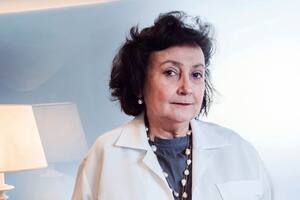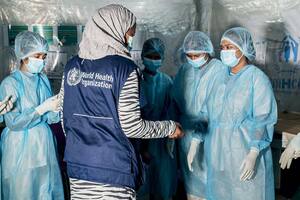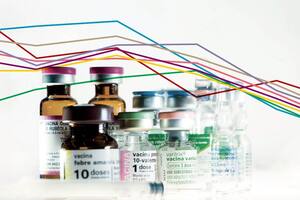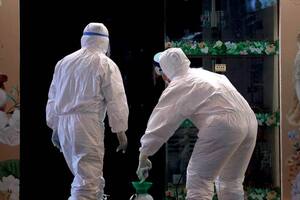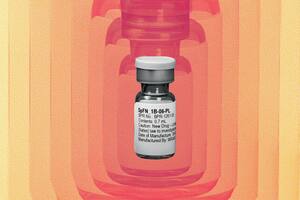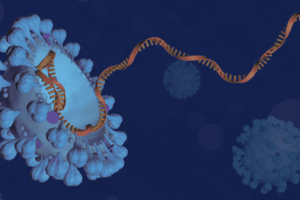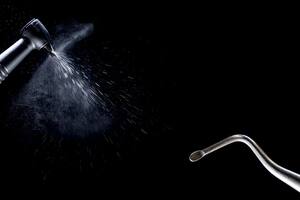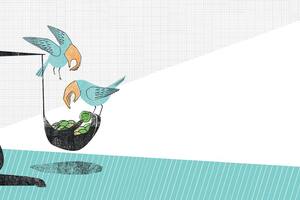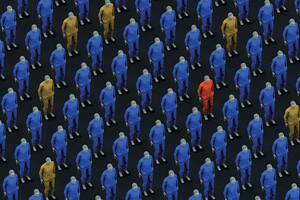Keyword: Sars-CoV-2
COVID-19
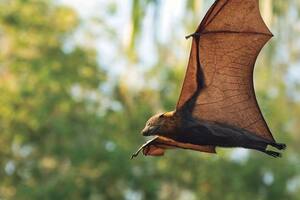
The pandemic and bats
Bats unfairly persecuted after being presented in the news as reservoirs of SARS-CoV-2
By Redação
COVID-19
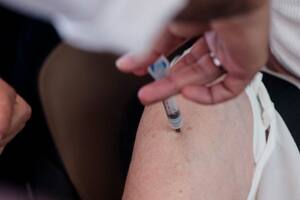
Third dose lowers risk of death
Coronavirus vaccine booster doses significantly reduce the risk of death from COVID-19
By Redação
COVID-19
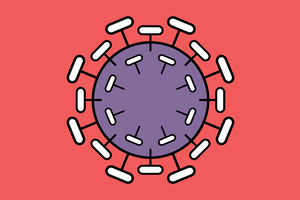
A controversial experiment
An experiment deliberately exposes healthy, unvaccinated people to the coronavirus
By Redação
COVID-19
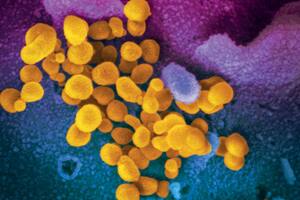
Long-term damage to the surroundings
A cellular change induced by SARS-CoV-2 may explain prolonged symptoms of the disease
By Redação
COVID-19

Health expenses for the poorest
The pandemic is expected to interrupt the progress made towards universal health coverage in several countries over the last two decades
By Redação
photolab
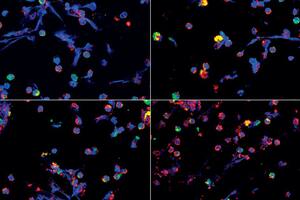
Lethal networks
Faced with an invasion of viruses or bacteria, human immune system cells sometimes overreact in a process known as NETosis, which has been shown to be more severe when the invader is SARS-CoV-2
By Redação
COVID-19
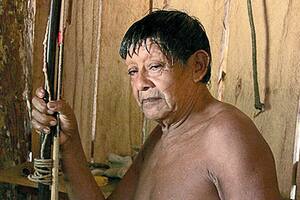
Death of a man; extinction of an ethnic group
Aruká Juma, the last person to speak the language of the Juma people, died of COVID-19 on February
By Redação
COVID-19
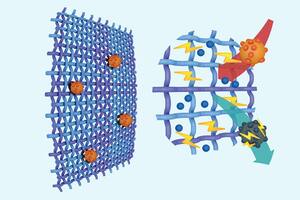
A mask that inactivates the virus
Hospital Regional da Asa Norte in Brasília began clinical trials of a mask that contains a biocompatible compound capable of inactivating the novel coronavirus
By Redação
COVID-19
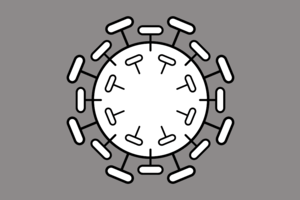
High infant mortality in Sergipe
Despite having enough beds available in intensive care units (ICU) for adults, Sergipe has a 41% shortfall in pediatric beds
By Redação
COVID-19

Understand the long-term effects
The US NIH announced a plan to invest US$1.15 billion over the next four years into research on the long-term effects of COVID-19
By Redação
COVID-19
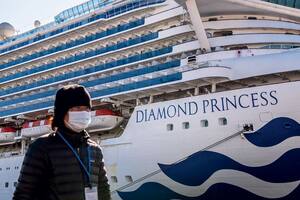
Outbreak on ship confirms the main route of contagion
The results of computer simulations of how COVID-19 spread on the Australian cruise ship Princess Diamond have finally been published in a scientific journal.
By Redação
Research during quarantine
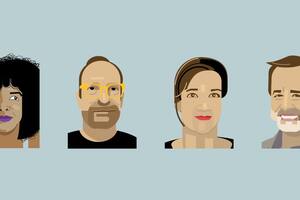
Research during quarantine
Fernando Carvall“It is considered normal that of 100,000 deaths, the majority are black” I study racial inequality and the mortality of cervical and breast cancer. Cervical cancer is an infectious disease whose incidence is strongly linked to a lack of access to preventive therapies, which is why it is associated with poverty and inequality and... View Article
By Redação
Research during the quarantine

“When I woke up, it was wonderful to realize that I was still alive.”
I was infected by the novel coronavirus in late February, while attending two scientific conferences—one in Lisbon and another in Jerusalem. Both had many participants and took place at the beginning of the COVID-19 pandemic. I returned to São Paulo on March 5th. On the 8th, I attended the release of my biography, called Não,... View Article
Research during the quarantine
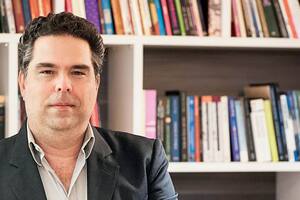
“I began valuing my personal relationships more during the pandemic”
Oceanographic research is heavily dependent on fieldwork and, to a large extent, on laboratory and on-board work. In March, with the prospect of a lockdown looming on the horizon, activities at USP [University of São Paulo] were suspended, as well as our field trips. This was the main impact of the pandemic on my work... View Article
Photolab
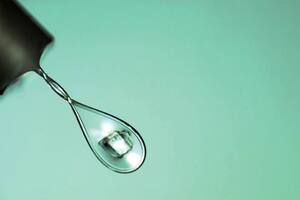
In the eye of a giant
Upon entry into operation, the Manacá beamline at the Sirius laboratory was directed at crystals of the 3CL protein, part of the mechanism by which the SARS-CoV-2 virus multiplies
By Redação

